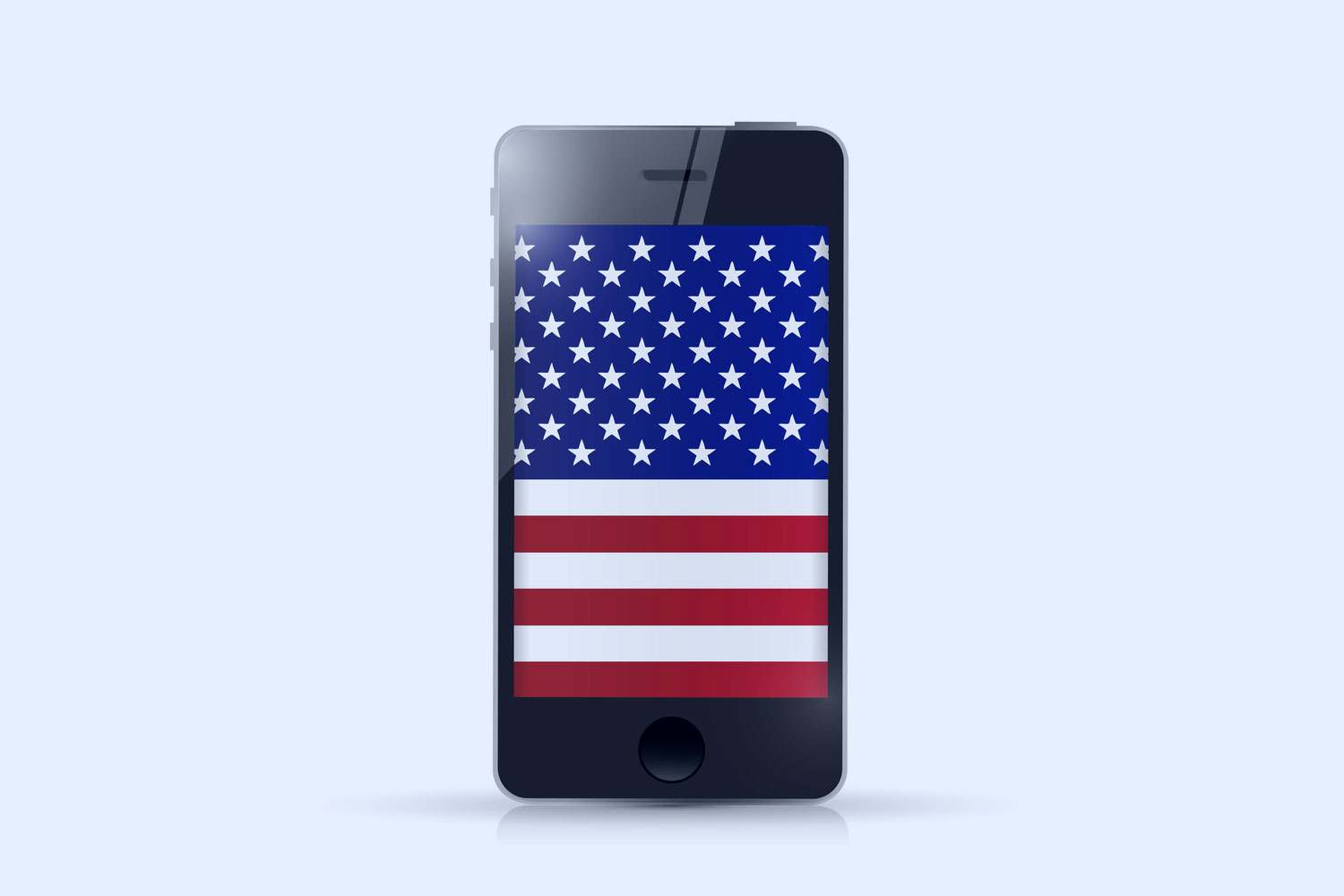Intel, Microsoft, 95 Other Tech Companies Sign Brief Challenging Immigration Ban
Almost 100 tech companies signed an amicus brief to support Washington state's challenge of President Donald Trump's immigration ban. The list of 97 companies includes Microsoft, Apple, Google, Facebook, Intel, and many others in the tech industry. (And, surprisingly, clothing maker Levi Strauss.)
The brief echoes what many tech executives said in response to the ban, which would prevent immigrants and refugees from seven Muslim-majority countries from entering the United States for 90 and 120 days, respectively. In the brief, the companies stated that the ban is causing problems for them. It reads in part:
The Order has had immediate, adverse effects on the employees of American businesses. Several major companies reported substantial disruptions from the Order, because their employees were ensnared in the Order’s travel restriction. This instability and uncertainty will make it far more difficult and expensive for U.S. companies to hire some of the world’s best talent—and impede them from competing in the global marketplace. Businesses and employees have little incentive to go through the laborious process of sponsoring or obtaining a visa, and relocating to the United States, if an employee may be unexpectedly halted at the border. Skilled individuals will not wish to immigrate to the country if they may be cut off without warning from their spouses, grandparents, relatives, and friends— they will not pull up roots, incur significant economic risk, and subject their families to considerable uncertainty to immigrate to the United States in the face of this instability.
The companies argued in the brief several other aspects of the ban. They said that the executive order is too open to interpretation, that the stated goal of stopping terrorists is undermined by the countries that are or are not included on the list, and that the order "lacks any basis in precedent." Those are just the legal arguments--the companies also said their exports could suffer because their employees would be less willing to travel overseas.
A federal judge halted Trump's ban on February 3, and on February 5, an appeals court denied the federal government's request to resume the ban.
The full brief can be found here. It's worth noting that AMD didn't sign the brief, even though it previously offered this statement to Tom's Hardware:
AMD’s core beliefs around inclusion and diversity fundamentally differ from the views demonstrated in the recent executive order banning travelers from certain countries. AMD believes that a diverse and inclusive workplace benefits our company and fuels innovation, this includes our talented employees from the restricted countries. While we await further clarity from the U.S. Administration on this travel ban, we have advised AMD’s workforce from these countries to cease travel to or from the United States. We fully support all of our foreign-born workforce and will continue working with them to limit any potential personal hardships based on this executive order.
Get Tom's Hardware's best news and in-depth reviews, straight to your inbox.
Nvidia, which told us before that it did not have a statement about the ban, is also not among the companies involved with this brief. Intel did sign it, though.

Nathaniel Mott is a freelance news and features writer for Tom's Hardware US, covering breaking news, security, and the silliest aspects of the tech industry.
-
compprob237 It kind of sounds to me like they don't care about the people so much as they're worried about their profit margins.Reply -
nzalog "It kind of sounds to me like they don't care about the people so much as they're worried about their profit margins."Reply
An argument that it hurts business is stronger to someone claiming to want to "make Murcia great again". It's pretty obvious Trump doesn't care about the people so you have to appeal to him on a different and more practical angle. It can't be about feelings and basic human decency... -
Snipergod87 I use ad block and have no idea what this doom video is, so i went to TH without adblock on holy cancer!Reply -
Onus Problems in a law, vs. problems in how that law is implemented, are two different things. Since this article deals with the latter (at least such is my hope), I don't believe this is tech news, even if it is tech companies that are complaining about the way a long-standing law was implemented.Reply
Although some leeway is given to news articles where comments are relevant, this looks like it could too easily descend into GRAPES territory. -
NewbieGeek I used the 'block element' on my add blocker to specifically target the doom video and block it. Did that a few days ago and the video hasn't shown up since. I mean, doom is okay, but that video is more intrusive than most adds. Really annoying. If it didn't auto play I might be able to ignore it but seriously.Reply -
lilchina uhh you have people coming from these countries hmmm? there are only 7 on this temp ban and it's affecting your company I calll BS!!!!Reply -
Onus Apparently, it caught up some people who had already been vetted (e.g. existing employees). The President's ability to ban people from hotspots, however, is based on a law that's been on the books for quite some time, used by at least a handful of recent Presidents going at least as far back as Carter, when they were concerned about people from certain areas being a potential security risk. It is not based on race or religion, but point of origin.Reply -
lilchina Libya, Sudan, Yemen, Iraq, Iran, Syria Somalia. Really do you have factories there? Software coders If so where did they learn to code? I could understand if India or Pakistan, maybe Singapore since many coders and plants are there but these 7 countries. BS. BS BS BSReply
